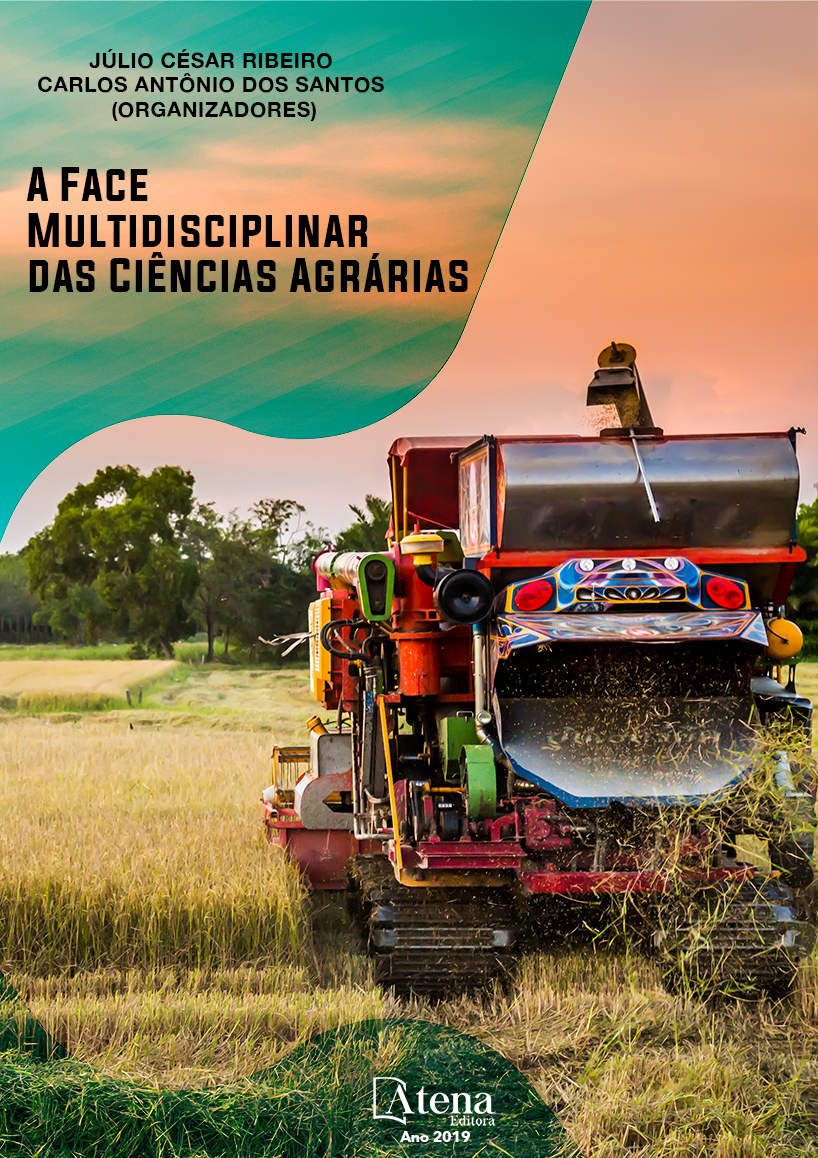
CULTIVO DE ALFACE EM SISTEMA HIDROPÔNICO NFT UTILIZANDO MUDAS PROVENIENTES DE DIVERSOS VOLUMES DE CÉLULA
O cultivo hidropônico de folhosas
tem apresentado um vasto potencial quando
comparado aos sistemas de cultivo em solo,
proporcionando ganhos em escala de produção
e economia de água. O objetivo deste trabalho
foi avaliar a influência de diferentes volumes de
células em bandejas para a produção de mudas
de alface tipo crespa, visando o transplante
definitivo em perfis hidropônicos. O experimento
foi conduzido no período de TAL a TAL no Centro
de Ciências Agrarias da UFscar localizado no
mucípio de Araras-SP e constou de duas etapas:
produção das mudas (avaliadas aos 30 dias) e
condução das mesmas em sistema hidropônico
NFT (avaliadas aos 22 e 30 dias). Foram
avaliadas oito bandejas com capacidade de 72,
64, 84 162, 128 e 200 mudas e, capacidade
volumétrica por célula de 50, 40, 31, 20 e 10 ml,
respectivamente. O substrato utilizado foi fibra
de coco e o cultivar semeado foi a alface Vanda.
Através dos resultados, foi possível concluir
para a maioria das características estudas
que, a maior capacidade volumétrica da célula
aliada a menor quantidade de plântulas por
bandeja, atribuiu os melhores resultados para
as mudas e esses foram mantidos durante o
ciclo produtivo no sistema hidropônico NFT até
os 30 dias. O uso de mudas produzidas em
bandejas com maior capacidade volutmétrica,
possibilitou a dispensa da fase de berçário.
CULTIVO DE ALFACE EM SISTEMA HIDROPÔNICO NFT UTILIZANDO MUDAS PROVENIENTES DE DIVERSOS VOLUMES DE CÉLULA
-
DOI: 10.22533/at.ed.94819240711
-
Palavras-chave: Lactuca sativa L., bandejas, berçário, folhosas.
-
Keywords: Lactuca sativa L., trays, nursery, hardwoods
-
Abstract:
The hydroponic cultivation of
hardwoods has presented a vast potential
when compared to the systems of cultivation in
soil, providing gains in scale of production and
saving of water. The objective of this work was
to evaluate the influence of different volumes
of cells in trays for the production of crisphead
lettuce seedlings, aiming the final transplant
in hydroponic profiles. The experiment was
conducted in the TAL to TAL period at the
UFscar Agrarian Sciences Center located in the
Araras-SP mucosa and consisted of two stages:
production of the seedlings (evaluated at 30 days) and conduction of the same in NFT
hydroponic system (evaluated at 22 and 30 days). Eight trays with a capacity of 72,
64, 84, 162, 128 and 200 seedlings and, respectively, cell volumetric capacity of 50,
40, 31, 20 and 10 ml were evaluated. The substrate used was coconut fiber and the
cultivar seeded was the Vanda lettuce. Through the results, it was possible to conclude
for the majority of the studied characteristics that, the greater volumetric capacity of
the cell allied to the smaller amount of seedlings per tray, assigned the best results for
the seedlings and these were maintained during the productive cycle in the hydroponic
system NFT until the 30 days. The use of seedlings produced in trays with greater
volumetric capacity, allowed the dispensation of the nursery phase.
-
Número de páginas: 15
- Tiago José Leme de LIMA
- Fernando Cesar SALA
- Guilherme José CECCHERINI
- Luana F. MARCHI
- Ana Caroline ROSSI
- TIAGO JOSÉ LEME DE LIMA


